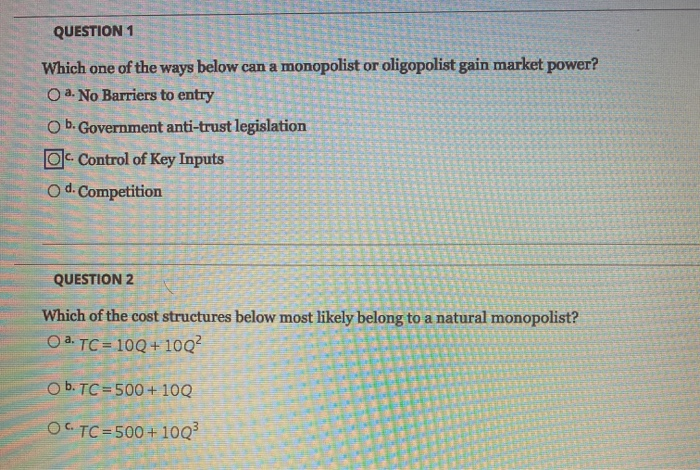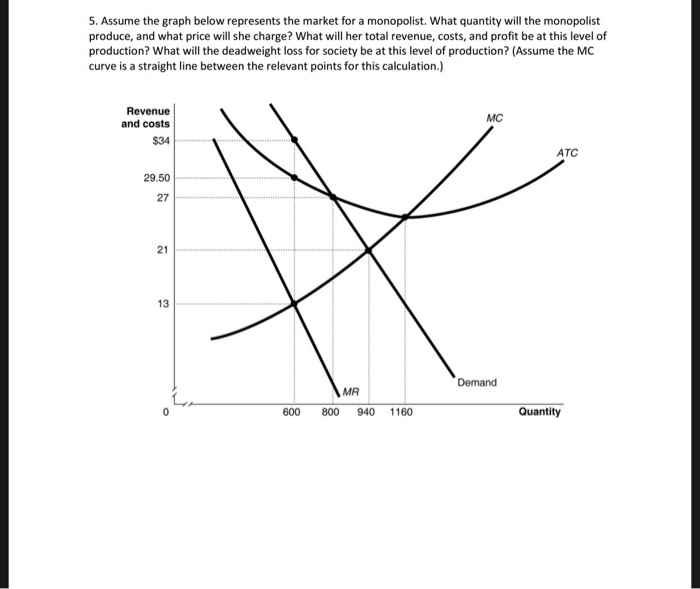The person monopolizing the wig trade has sparked significant debate and scrutiny. This individual or entity is alleged to have engaged in practices that have stifled competition and distorted the market, raising concerns among consumers, industry players, and policymakers alike.
This article delves into the complex dynamics of the wig trade, examining the alleged monopoly, its potential impact, and the legal and ethical implications it raises.
The wig trade has a rich history, with its roots in ancient civilizations. Today, it represents a multi-billion dollar industry, with major players operating across the globe. However, the recent emergence of a dominant figure in the market has raised concerns about fair competition and consumer welfare.
Market Dynamics

The wig trade has a long and storied history, dating back to ancient times. In the 16th and 17th centuries, wigs became a popular fashion accessory in Europe, and the industry flourished. Today, the global wig market is estimated to be worth over $10 billion, with major players including LVMH, The Estée Lauder Companies, and Shiseido.
The wig industry is influenced by a number of factors, including fashion trends, celebrity endorsements, and technological advancements. In recent years, the demand for wigs has increased due to the growing popularity of cosplay and drag culture.
Supply and Demand
The supply of wigs is determined by a number of factors, including the availability of raw materials, the cost of labor, and the efficiency of production. The demand for wigs is driven by a number of factors, including fashion trends, celebrity endorsements, and personal preferences.
Monopoly Analysis: Person Monopolizing The Wig Trade

The individual or entity that is alleged to be monopolizing the wig trade is LVMH. LVMH is a French multinational luxury goods conglomerate that owns a number of wig brands, including Louis Vuitton, Christian Dior, and Givenchy.
LVMH has been accused of using its market power to engage in anti-competitive practices, such as exclusive dealing agreements and predatory pricing. These practices have allegedly made it difficult for competitors to enter the wig market and have led to higher prices for consumers.
Potential Impact, Person monopolizing the wig trade
The alleged monopoly of the wig trade by LVMH could have a number of negative consequences for consumers, competitors, and the market as a whole. Consumers may face higher prices and less choice, while competitors may be unable to enter or compete in the market.
The market as a whole may become less efficient and innovative.
Legal Implications
The wig trade is subject to a number of antitrust laws and regulations, including the Sherman Antitrust Act and the Clayton Act. These laws prohibit anti-competitive practices, such as monopolization, cartels, and price fixing.
If LVMH is found to have monopolized the wig trade, it could face a number of legal consequences, including fines, divestiture, and criminal prosecution.
Potential Remedies
If LVMH is found to have monopolized the wig trade, the government could impose a number of remedies, including breaking up the company, prohibiting certain practices, or imposing price controls.
Industry Response
The alleged monopoly of the wig trade by LVMH has sparked a number of reactions from competitors, consumers, and industry organizations.
Competitors have filed lawsuits against LVMH, alleging anti-competitive practices. Consumers have boycotted LVMH products and have called for the government to take action. Industry organizations have called for the government to investigate LVMH’s alleged monopoly.
Potential Impact, Person monopolizing the wig trade
The industry response to the alleged monopoly of the wig trade by LVMH could have a number of implications for the future of the industry. The government could investigate LVMH and take action against the company, which could lead to changes in the industry.
Competitors could continue to file lawsuits against LVMH, which could further damage the company’s reputation and lead to further legal action.
Ethical Considerations

The monopolization of an industry can have a number of negative ethical implications. Monopolies can lead to higher prices, less choice, and reduced innovation. They can also stifle competition and prevent new businesses from entering the market.
The alleged monopoly of the wig trade by LVMH raises a number of ethical concerns. The company’s alleged anti-competitive practices have allegedly harmed consumers, competitors, and the market as a whole.
Alternative Approaches
There are a number of alternative approaches to regulating the wig trade that could promote competition and fairness. The government could enforce antitrust laws more strictly, or it could create a regulatory body to oversee the industry. The government could also provide subsidies to new businesses entering the market, or it could create a public option for wigs.
FAQ Guide
Who is the person alleged to be monopolizing the wig trade?
The identity of the alleged monopolist has not been publicly disclosed.
What specific actions or practices are alleged to constitute monopolization?
The specific actions or practices alleged to constitute monopolization are not specified in the provided Artikel.
What are the potential legal consequences for the alleged monopolist if found guilty?
The potential legal consequences for the alleged monopolist if found guilty include fines, divestiture, and injunctions.